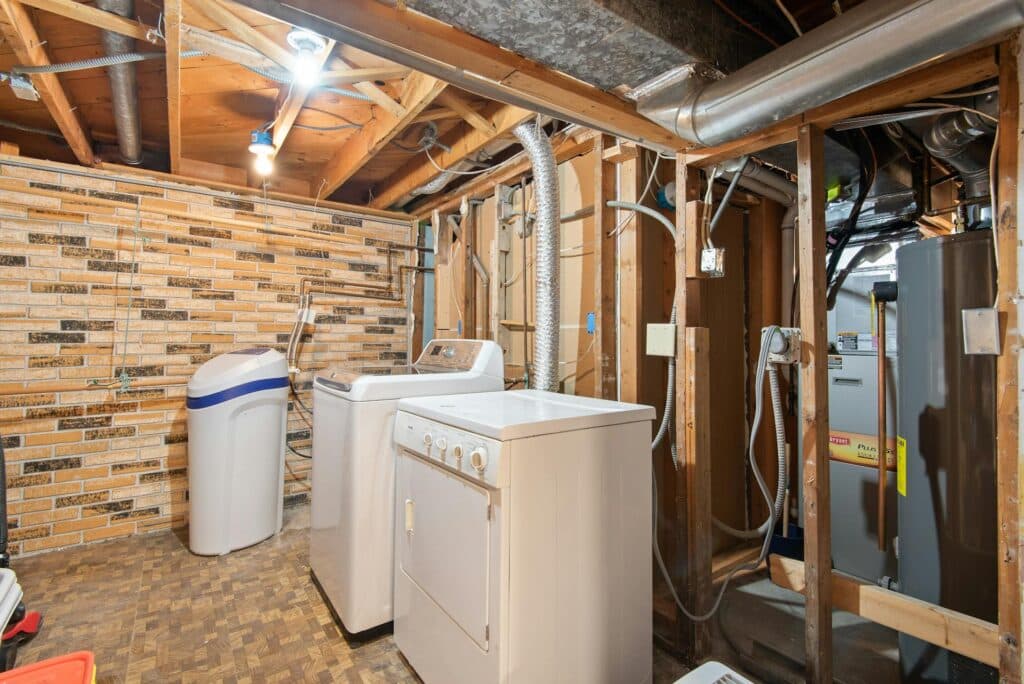Selecting the right HVAC system for your home is an important decision that affects both comfort and energy costs. A system that fits your needs can keep your home comfortable year-round while saving you money on utility bills. In fact, the right HVAC setup can reduce energy expenses.
With so many options available, it may feel overwhelming, but understanding your needs and the types of systems on the market can make the process much easier. Follow along to uncover the details that matter.
Assessing Your Home’s Needs
Before shopping for an HVAC system, it is important to evaluate your home’s unique requirements. The size of your home plays a major role, as larger spaces need more powerful systems to maintain consistent temperatures.
Insulation is another key factor. Well-insulated homes hold heat in the winter and stay cool in the summer, which may allow for a smaller system. Hotter regions often require more robust air conditioning, while colder areas may prioritize heating capabilities.
Finally, budget considerations are important, as installation and operational costs vary between different systems. Understanding these factors helps you narrow down your options and make a more informed decision.
Types of HVAC Systems
There are several HVAC systems to consider, each with its own advantages. Understanding the benefits of each system ensures you choose one that fits your home and lifestyle.
Central air conditioning is a common choice, distributing cooled air through a network of ducts. This is
ideal for larger homes that need consistent cooling throughout multiple rooms.
Heat pumps are versatile systems capable of both heating and cooling. They are particularly energy-efficient in moderate climates and can provide excellent savings over time.
Ductless mini-split systems are a smart solution for homes without existing ductwork, allowing precise temperature control in individual rooms. Furnaces, often fueled by gas, electric, or oil, are widely used in colder regions to provide reliable heating.
Energy Efficiency Matters
Energy efficiency is a key consideration when choosing an HVAC system. While efficient units may have higher upfront costs, they often lead to significant long-term savings. Look for systems with a high Seasonal Energy Efficiency Ratio, or SEER rating, which indicates superior energy performance. ENERGY STAR-certified systems are another good indicator of efficiency.
These units meet strict standards and are designed to reduce energy waste while maintaining optimal comfort. Choosing an energy-efficient HVAC system not only saves money but also reduces your household’s environmental footprint.
Maintaining Your HVAC System
Regular maintenance keeps your HVAC system running smoothly and extends its lifespan. Simple practices, like changing air filters, help maintain good air quality and system efficiency. Scheduling annual inspections allows professionals to spot potential issues before they become major problems, especially when you rely on expert HVAC repair in Pennsylvania to ensure everything is checked with care.
Cleaning air ducts ensures proper airflow and keeps your system operating at peak performance. These steps protect your investment and reduce the need for expensive repairs.
Making the Right Choice for Your Home
Choosing the right HVAC system is an investment in energy efficiency, long-term savings, and home value. By understanding your home’s needs, exploring system types, and focusing on energy efficiency, you can make a decision that will benefit your household for years to come. Working with experienced professionals ensures that your system is properly installed and cared for.
With the right guidance, your HVAC system can provide reliable comfort while helping you save on energy costs. For more on this topic, visit the rest of our blog!

